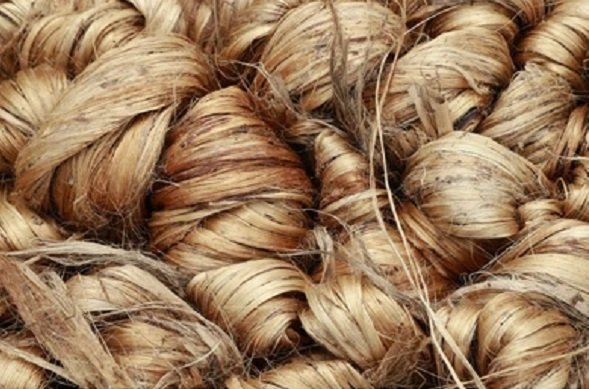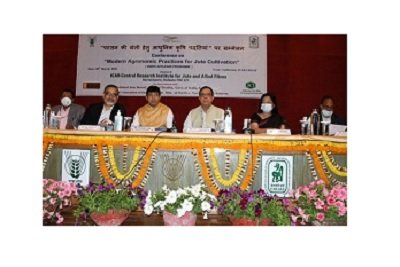Jute sector faces challenging year with ‘subdued’ prices, demand
The non-implementation of the revised formula for the pricing of finished jute goods supplied to the government remains a ‘pressing concern’ for mill owners
The jute industry faced a nearly “30 per cent reduction in demand” for food grains and sugar packaging bags, resulting in trimmed working hours in mills in 2024, while subdued prices for the finished product and the raw material affected both millers and farmers, stakeholders said.
The non-implementation of the revised formula for the pricing of finished jute goods supplied to the government remains a “pressing concern” for mill owners as the existing price mechanism is “old and outdated” and has led to “reduced profitability”, they said.
Although the government has decided to revise the pricing formula, details are still awaited, according to the Indian Jute Mills Association (IJMA).
Jute mills have complained of a “nearly 30 per cent reduction in demand for jute bags during the 2024-25 period”, and this decline has mainly been attributed to “decreased procurement” of packaging bags by the sugar industry.
As a result, mills have had to make operational adjustments, such as reduced shifts and working hours, leading to job losses, a mill owner said. This had an adverse impact on jute farmers across West Bengal, a major producer of golden fibre, in terms of realisation, he said.
IJMA deputy chairman Rishav Kajaria raised concerns about the challenges of the jute industry. “The reverse auctions on the Government e-Marketplace (GeM) portal are forcing mills to bid below fair prices set by the jute commissioner, threatening the financial stability of mills and jeopardising statutory payments to workers,” he said.
Kajaria also highlighted the sugar industry’s “non-compliance with the mandatory 20 per cent jute packaging requirement under JPMA, 1987” and this has “reduced demand for jute bags, further harming the sector”.
“The jute sector’s survival depends on immediate and decisive intervention to address these pressing issues and safeguard the livelihoods of millions dependent on this vital industry,” Kajaria said. However, Jute Commissioner Moloy Chandra Chakravorty had a different perspective on the year. “The year was a normal year without any major hiccups, and the lower production in the 2024-25 jute season to around 73 lakh bales, down from 91 lakh bales the year before, was a boon to stabilise the price, which the preceding two years faced glut and huge carryforward,” he said.
Chakravorty denied that demand from the government was lower, saying, “The industry was crying for unrealistic demand of 36 lakh bales. The government demand of 30-32 lakh bales was in line with the last few years, but this hue and cry by the industry was due to low private demand.” The government raised the minimum support price of raw jute during the current season, and the Jute Corporation of India claimed record raw jute procurement to protect farmers.
“The price was fixed at Rs 5,335 per quintal for the 2024-25 season, which is Rs 285 more than the previous year. This would ensure a return of 64.8 per cent over the all-India weighted average cost of production,” another government official said. As the jute sector looks to the future, it is clear that addressing the issue of non-implementation of the revised pricing formula and ensuring compliance will be crucial to its survival and growth, industry stakeholders said.
As for the West Bengal government, there is a need for policies aimed at the development of labour colonies and quarters, the implementation of night shifts for women workers, and improved procurement practices, IJMA officials said.
The non-implementation of the revised formula for





